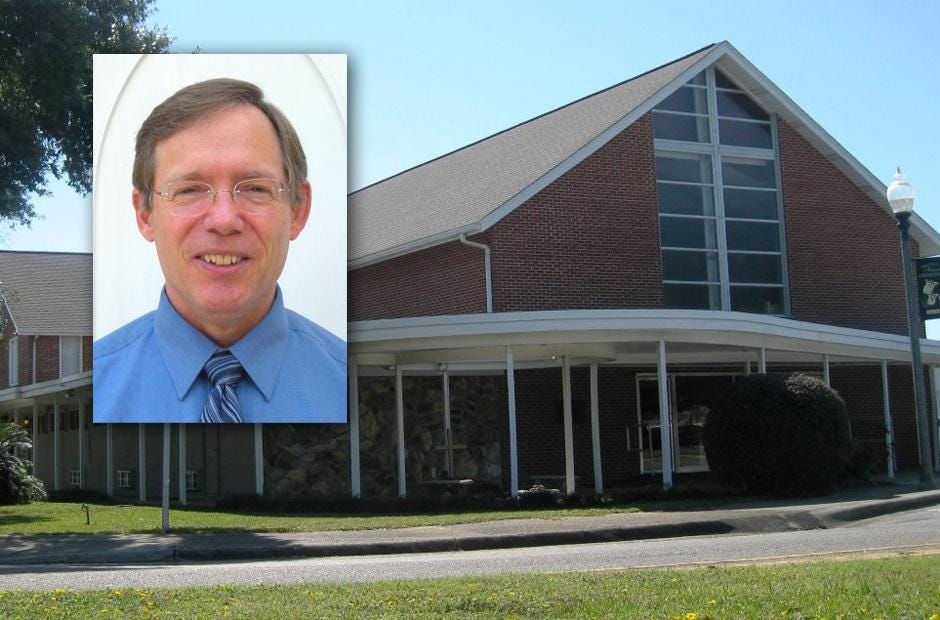![The Rev. Mark Broadhead is pastor at Laurel Hill Presbyterian Church and First Presbyterian Church of Crestview. [File photos | News Bulletin]](http://127.0.0.1/wordpress/wp-content/uploads/2022/01/ghows-DA-4d4b77d6-300f-2e35-e053-0100007fe439-64da9a52.jpeg)
When it comes to relationships, there will always come times when disagreements will surface. When they do, life, as usual, is greatly disrupted. As the issue is confronted — or not — a whole range of emotions can be felt.
One of those emotions is often fear — fear that the relationship has come to an end. In our throw-away society, that concern is a very real possibility. We have learned if something is broken, get rid of it rather than fix it. It is not worth the trouble, hassle or expense. This mindset is often employed with people as well.
The thing is, the people in our lives are very important. Relationships require hard work. If you expect everything to be smooth sailing all the time, you have an unrealistic view of life. Life is never without conflict of one kind or another.
The question is, what will you do when conflict arises or when someone's actions cause you to become angry or hurt? Do you cut the person out of your life? Do you ignore the matter? Do you seek revenge? Do you face the issue head on to rectify it?
Simply cutting the person out of your life will prevent your emotions from ever truly healing. Whether the offender remains part of your life or not needs to be a matter of serious prayer, not a knee-jerk emotional reaction. There are times a relationship needs to come to an end for the health and safety of all concerned.
Ignoring the matter will simply cause it to fester and become 10 times worse in your mind. It will finally explode in ways that are very unhealthy.
Seeking revenge will only hurt you and the other person more, and at the same time create an enemy. Revenge is never as sweet as anyone expects.
But when you face the matter head on to rectify it, the air will clear and the burden of the offense will lighten. It won't be pleasant, but the results will be freeing.
Forgiveness is vital, but it is important to remember what forgiveness is not. Forgiveness does not say, "I'll pretend this never happened." It does not say, "You're free to do it again." It does not say, "This didn't hurt me."
Forgiveness says, "This happened. It hurt a great deal. A great lesson has been learned. I am not going to let the burden of the hurt or betrayal keep me from enjoying life." Forgiveness brings freedom from the burden of something done wrong.
Peter once asked Jesus if he should forgive someone as many as seven times. In Peter's mind, that sounded pretty magnanimous. How did Jesus reply? "Not seven times, but, seventy-seven times."
Jesus told his disciples, "If you forgive the sins of any they are forgiven them. If you retain the sins of any they are retained." The same is true for us.
Will you forgive someone — or will you throw them away?
The Rev. Mark Broadhead is pastor at Laurel Hill Presbyterian Church and First Presbyterian Church of Crestview.

This article originally appeared on Crestview News Bulletin: Will you forgive someone — or will you throw them away?
